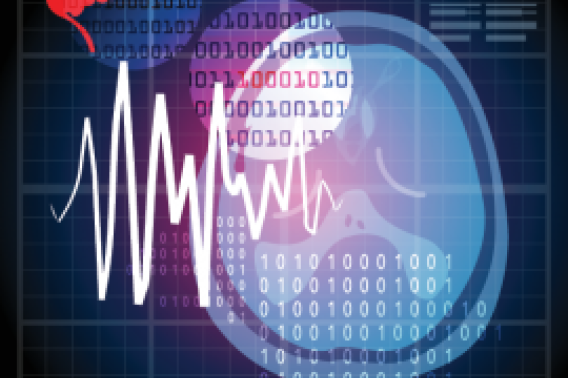Project Summary
The Neurodevelopment Initiative aims to establish a new standard for non-invasive, quantitative, individual assessment of structural and functional neurodevelopment in the first year of life.
Project Vision
Babies in the first year of life represent a highly vulnerable population for which the ability to diagnose disease and intervene early could not be of greater importance. It is also a population that requires custom imaging tools, and the development of these tools represents an underserved neuroscientific and clinical need.
The Neurodevelopment Initiative will use a powerful multimodal neuroimaging approach that enables non-invasive, longitudinal measurements of individual brains, to quantify structural and functional brain development in infancy and their link. The initiative will augment these data with ultra-high-resolution MRI and advanced histology in fixed brain tissue to determine the biological underpinnings of the in vivo neuroimaging measurements. The combined in vivo and ex vivo data will shed new light on specific micron-level tissue compartments that undergo exuberant development in the infant brain. Finally, the initiative will develop open source, easily disseminable computational tools for infant neuroimaging that will enable classification of individual infants as typical or atypical for brain development and quantification of any atypical features.
The initiative aims not only to fill gaps in knowledge by significantly advancing understanding of how the human brain develops, but also to generate a database and new publicly available technologies that can be used by hundreds of labs around the world. The outcome of the initiative's research has important societal and clinical significance as it will allow early diagnosis of neurodevelopmental delays and disorders in infants, which will lead to early inventions and better life long outcomes.
Interdisciplinary Research Team
This project builds a foundational interdisciplinary team at Stanford that includes: (i) Neuroscientists in the Psychology Department and Graduate School of Education, who have advanced neuroimaging methods and software to study human brain function and structure (Grill-Spector, Poldrack, Yeatman, Norcia), (ii) Neuroscientists who have made major discoveries regarding the development of the human brain (Grill-Spector, Norcia, Gotlib, Yeatman, Feldman, Travis), (iii) MRI Physicists (McNab, Wu) who have been pushing boundaries to link neuroimaging data to the underlying microscopic tissue compartments, and (iv) Scientists and clinicians who study atypical developing infants as well as patients with neurological diseases including: Pediatricians and Pediatric Neuroscientists (Feldman, Travis, preterm infants), Pediatric Neurologists (Monje, Knowles), Pediatric Neurosurgeon (Grant), Neurobiologist (Petritsch), and Neuropathologist (Born). This interdisciplinary approach is critical for (i) uncovering the biological underpinnings of MRI measurements to generate a comprehensive and quantitative understanding of microstructural development during infancy and its functional consequences in both typically and atypically developing infants, and (ii) bridge between basic science research and translational, medical research.
Project Details
Funding Type:
Research Accelerator Award
Award Year:
2021
Lead Researcher(s):
Team Members:
